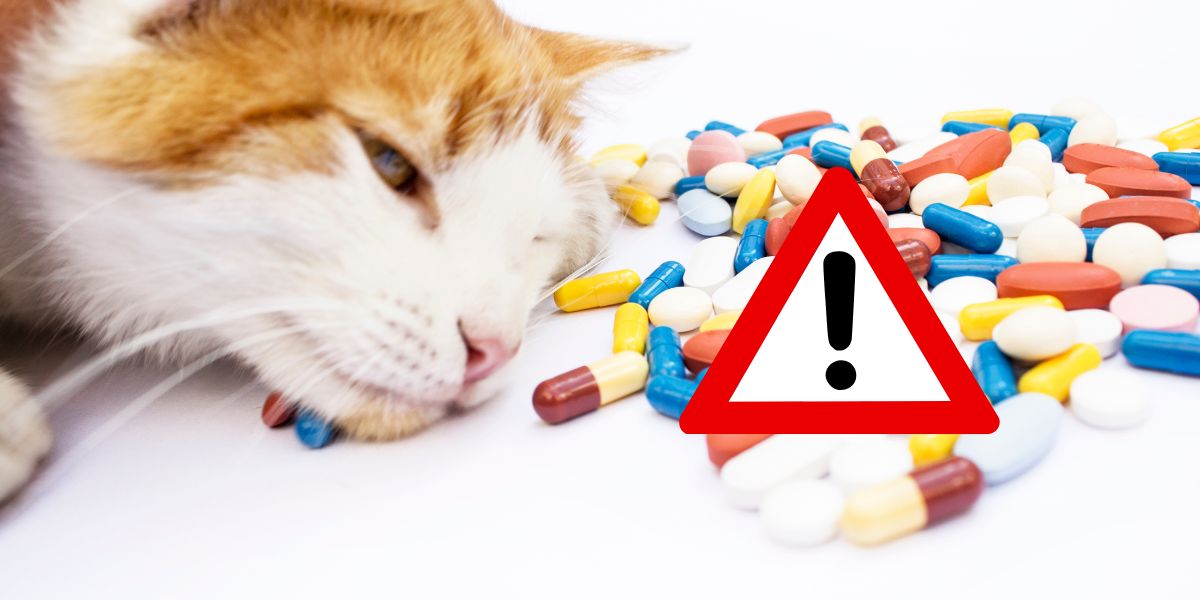Human Medications That Pose a Risk to Pets medications, when ingested by pets, can be extremely harmful and even fatal. Some common types of medications that are toxic to animals include:
Painkillers
Cold and flu medications
Antidepressants
Dietary supplements
Vitamins
Many of these medications contain ingredients that can act as stimulants, depressants, or hallucinogens in pets, leading to severe health complications. Additionally, certain medications can cause liver or kidney damage. Always consult your veterinarian before giving your pet any human medication.
Recognizing the Signs of Pet Poisoning
Symptoms of pet poisoning can vary depending on the substance ingested, but some common warning signs include:Vomiting
Diarrhea
Decreased appetite
Lethargy
Seizures
Changes in your pet's behavior or the presence of suspicious substances around your home could also indicate poisoning. Monitoring your pet's usual habits and behaviors will help you quickly identify any abnormalities.
Preventing Pet Poisoning from Human Medications
Store all medications in a locked cabinet or drawer, out of your pet's reach.
Always secure medication caps tightly after use.
Educate children about the risks of human medications for pets and ensure they never administer any to your animals.
Check labels carefully before giving any over-the-counter medications to your pet, and only administer those recommended by a veterinarian.
Seeking Veterinary Care for Suspected Poisoning
If you believe your pet has been exposed to human medications, take immediate action by contacting your veterinarian. If possible, bring the medication container or packaging to your vet visit. Prompt medical attention is crucial for your pet's safety.Signs of poisoning, such as vomiting, diarrhea, drooling, loss of appetite, tremors, or seizures, warrant urgent veterinary care. Your vet will diagnose the issue and provide an appropriate treatment plan. They may also recommend additional at-home care or refer you to a specialist or emergency clinic if necessary.
By understanding the risks associated with human medications and taking precautions to protect your pets, you can help ensure their health and safety. Share this article with fellow pet owners to raise awareness of this silent threat and promote responsible pet care.

There are currently no more comments available.